AP and ABC News contributed to this report.
In Wyoming, political legends don’t usually fade quietly. Dick Cheney didn’t. Hours after the former vice president died at 84, flags dropped to half-staff on the governor’s order and tributes began trickling in. But if you listened closely around coffee counters and school parking lots, the mood wasn’t unanimous. In his home state, the man who once embodied Wyoming’s clout in Washington became a lightning rod — revered by some, resented by many — thanks to the long shadow of Donald Trump and the bitter fights that followed January 6.
That shift didn’t happen overnight. For decades, Cheney’s résumé played like a greatest hits of Republican power: a Casper kid and University of Wyoming alum who rose from President Gerald Ford’s chief of staff to Wyoming’s lone congressman in the 1980s, then to House GOP leadership, then to defense secretary under George H.W. Bush. Later came the private-sector turn at Halliburton. And then, of course, eight consequential, polarizing years as George W. Bush’s vice president, framed by 9/11 and the Iraq war. In Wyoming, those credentials long translated into near-automatic respect.
But politics moved, and Wyoming moved with it. Trump’s rise flipped the script for Cheneyworld. The former president railed against the Iraq war as costly and misguided and torched Liz Cheney — Wyoming’s congresswoman and the face of the state’s Republican establishment — for insisting Trump shouldn’t return to the Oval Office after the January 6 attack. The backlash at home was swift and unforgiving. In 2022, with Trump’s blessing, Cheyenne attorney Harriet Hageman thumped Liz Cheney in the GOP primary with roughly two-thirds of the vote, a landslide that turned the general election into a formality. The verdict from many Wyomingites was blunt: Liz had focused more on Trump than on Wyoming.
That was the view of Cheyenne’s Jeanine Stebbing, who said the final straw was hearing that Trump shouldn’t be re-elected. To her, it felt like contempt for neighbors who still backed him, a tone she read as, “we were all stupid.” It’s a sentiment that explains why the Cheney name became political kindling in places it once dominated.
Even Dick Cheney’s late-career choices — sticking by his daughter and, in 2024, endorsing Kamala Harris over Trump — didn’t dent the state’s trajectory. If anything, they hardened it. Trump carried Wyoming by his biggest margins in 2016, 2020 and again in 2024, widening the gulf between the Cheneys and the electorate they once defined. The former president didn’t immediately comment on Cheney’s death; the White House noted the flag order and little more.
Still, there’s another thread running through Wyoming this week: a kind of stubborn admiration for Cheney’s steel, especially as a father. Senate Majority Floor Leader Tara Nethercott put it simply — on the anniversary of her own father’s death, she could appreciate a dad who stood by his daughter “loyally and truthfully” during the storm. Whether Liz Cheney has a political future in a state so thoroughly remade by Trump, Nethercott wouldn’t guess. She did say Wyoming’s full-throated support for Trump “speaks volumes.”
Liz Cheney, for her part, hasn’t left. She still lives in Jackson Hole near her parents and flies east to teach at the University of Virginia Center for Politics. Her final act in Congress — vice-chairing the January 6 committee — cemented her break with Trump and, by extension, with much of her party at home. But it also spotlighted the family trait that endeared Dick Cheney to admirers and infuriated critics: unflinching resolve.
Ask around and you’ll still hear stories that have nothing to do with Trump or the House committee. Brian Farmer, who like Cheney grew up in Casper and went to UW, remembers a model of public service — soft-spoken one day, bombastic the next, but always decisive. State Rep. Landon Brown recalls that presence at Cowboys football games and political events, the way a room seemed to reorient when Cheney walked in.
“He’s going to be sincerely missed in this state,” Brown said, then added the obvious coda: “Maybe not by everybody.”
That “not by everybody” neatly captures Cheney’s Wyoming, where reverence for military strength jostles with the memory of a war that cost blood and treasure, and where loyalty to Trump has become a political identity. It also captures Cheney himself. He called Trump a “coward” in a 2022 ad backing his daughter and said there was “nothing more important” she’d ever do than help ensure Trump never returned to the presidency. Two years later, he and Liz publicly endorsed Harris over Trump, arguing the republic was at risk. Trump responded with typical venom, branding the former vice president an “irrelevant RINO” and the “King of Endless, Nonsensical Wars.”
Cheney’s defenders will tell you he did what he thought necessary in dangerous times, at home and abroad. His critics will remind you of waterboarding and WMDs that never materialized. Wyoming contains all of that — an oil patch that appreciated his instincts, ranch towns that recoiled at the Washington infighting, and a younger generation that knows him mostly as the man who stood by Liz as she torched her political career for a principle.
In the end, Wyoming is doing what it always does with its icons: holding two things at once. Dick Cheney was the state’s most formidable political son, a figure whose career shaped world events and whose advice could still sway a Republican primary — until it couldn’t. He was also a father who never flinched when his daughter picked a fight that cost her a seat. The flags will rise again this week. The arguments won’t end. And maybe that’s the truest measure of Cheney’s legacy in the state that made him: complicated, consequential and still very much alive in the stories people tell.
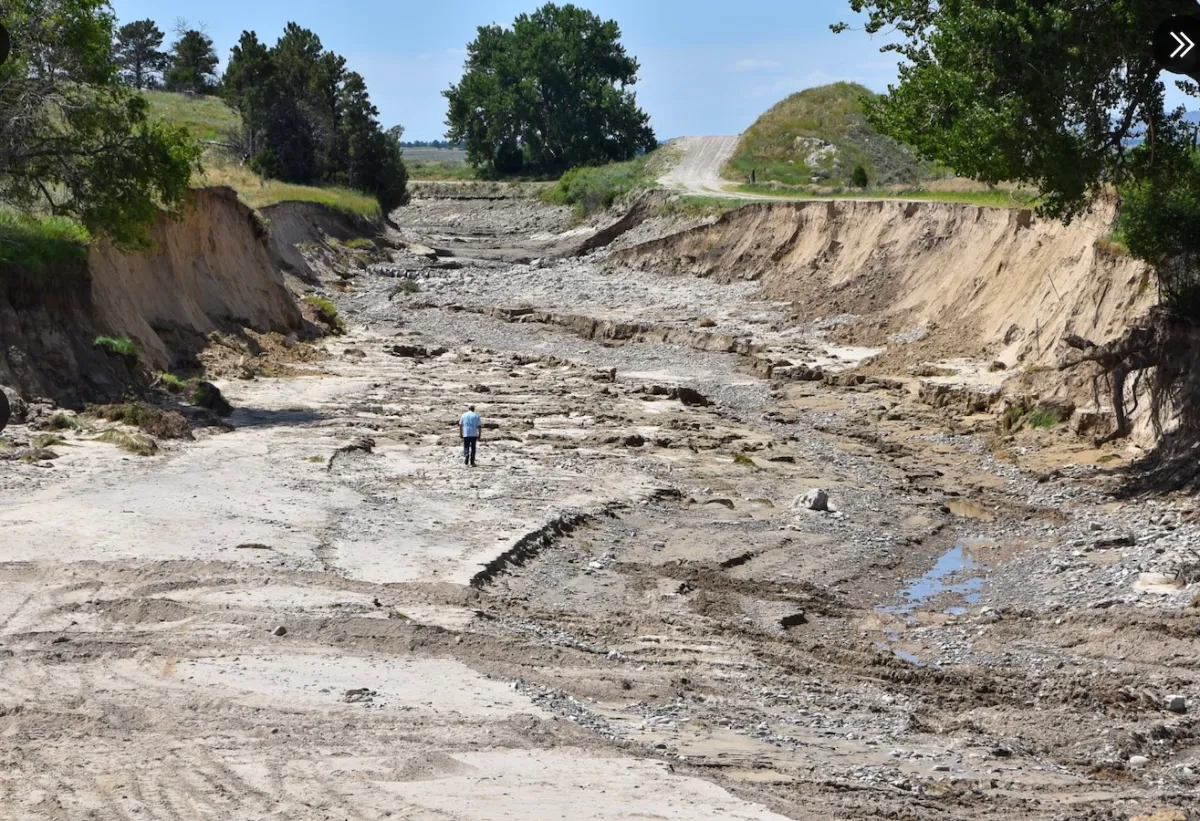
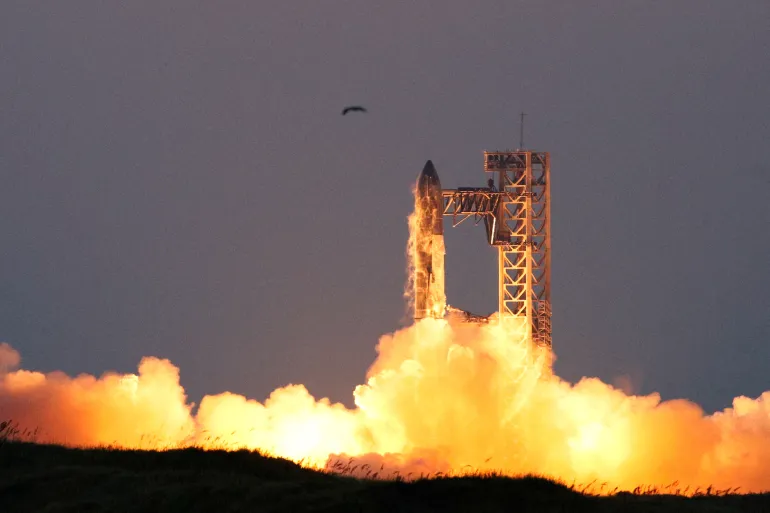
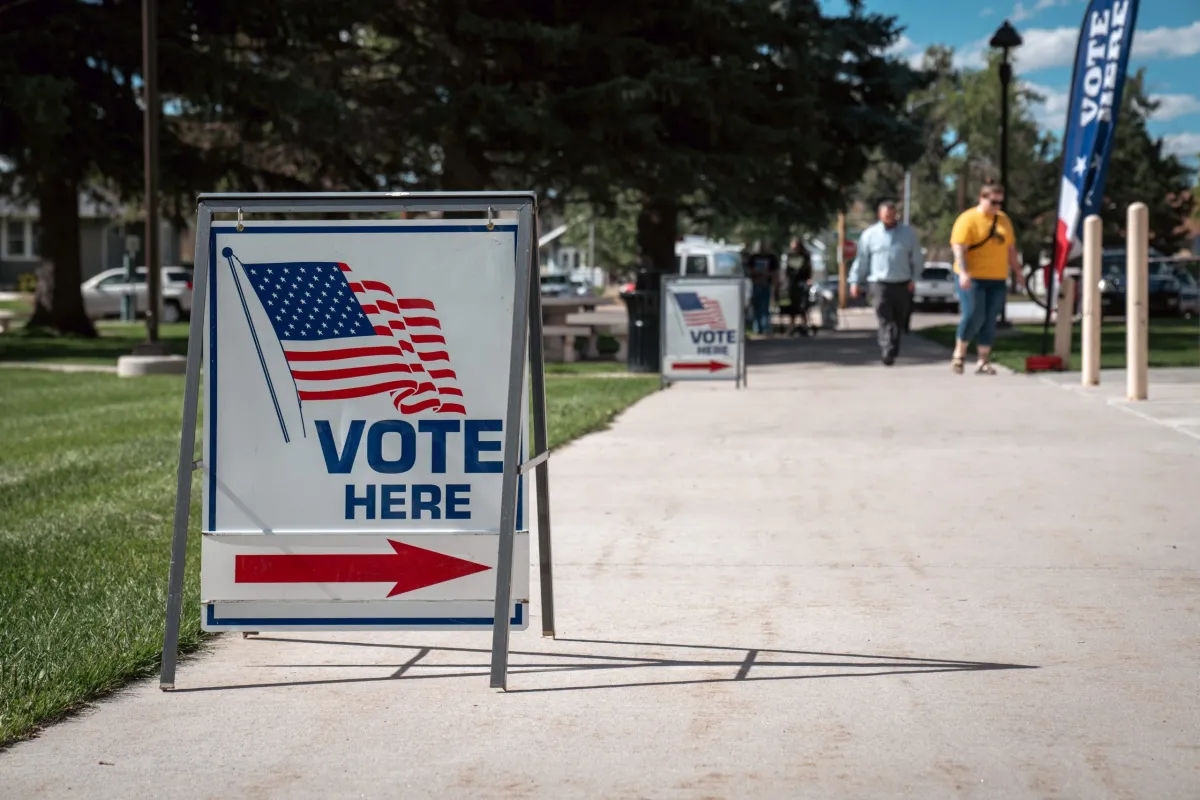
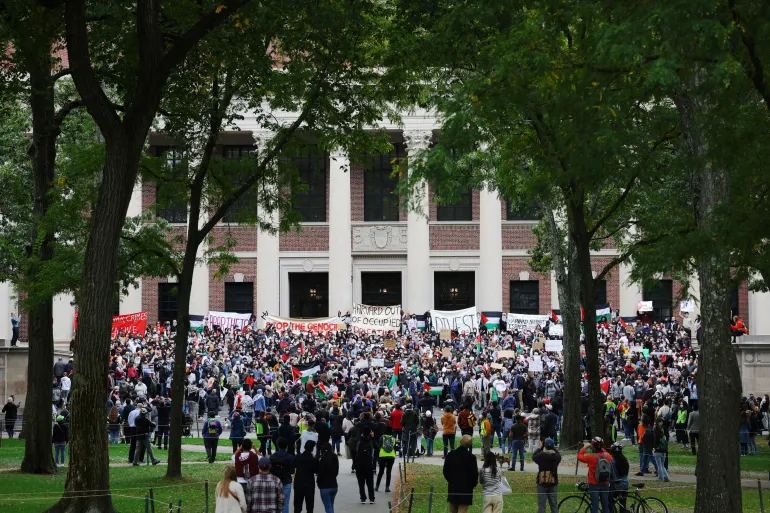
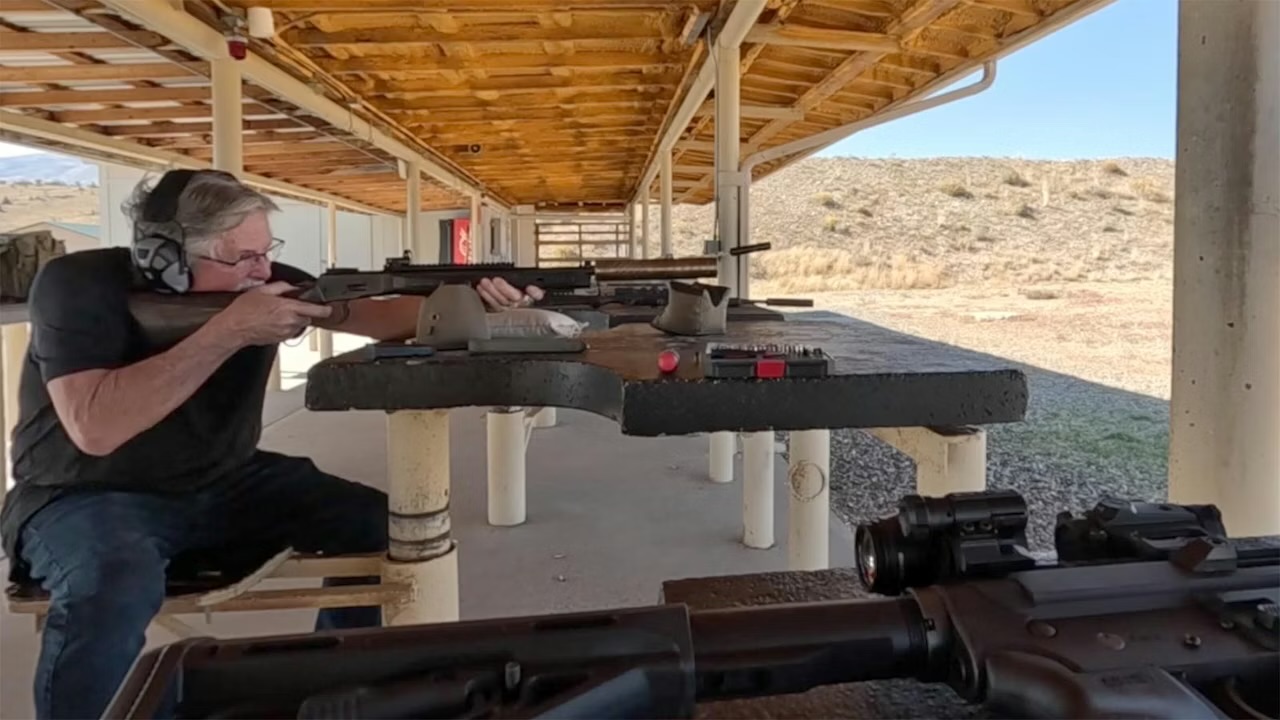
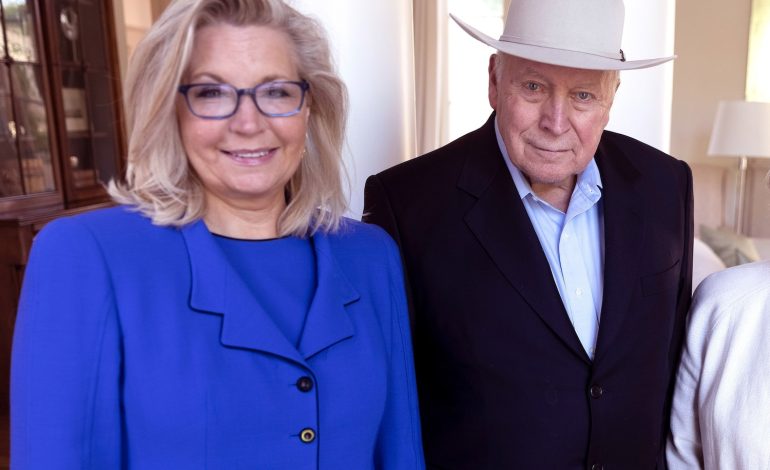




The latest news in your social feeds
Subscribe to our social media platforms to stay tuned